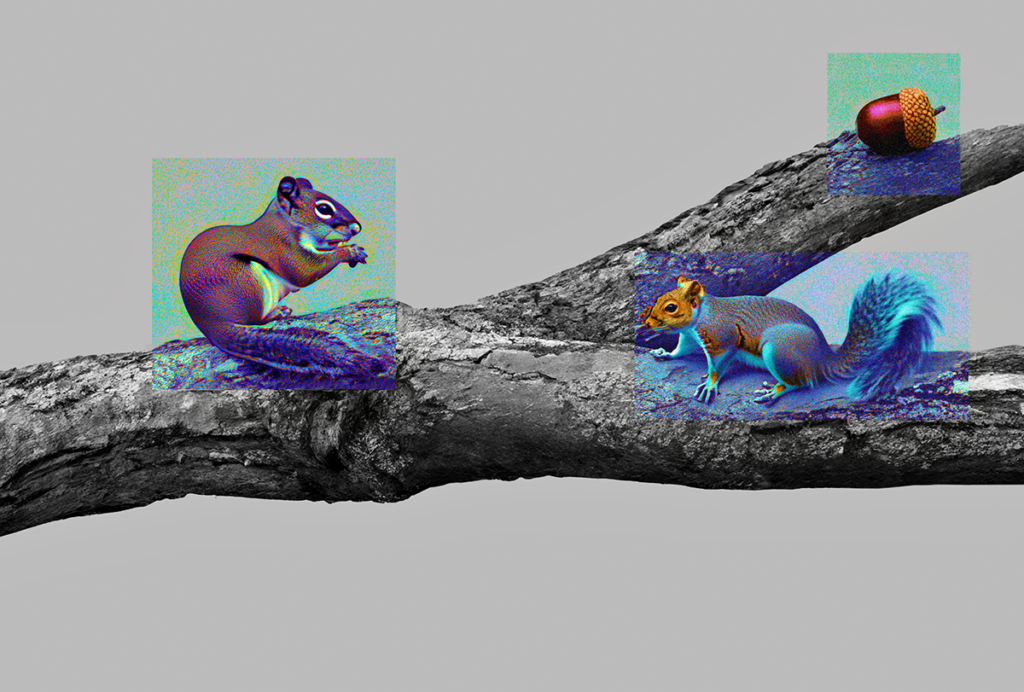Rosalind Picard is professor of media arts and sciences at the Massachusetts Institute of Technology and director of the Affective Computing Research Group at the MIT Media Lab.

Rosalind Picard
Professor
Massachusetts Institute of Technology
From this contributor
Intelligent robots could prove to be a boon for autism therapies
Robots may one day help therapists analyze behaviors and devise personalized sessions for autistic children.

Intelligent robots could prove to be a boon for autism therapies
Explore more from The Transmitter
NeuroAI and the hidden complexity of agency
As we attempt to build autonomous artificial-intelligence systems, we're discovering that a capability we take for granted in animals may be much more complex than we imagined.

NeuroAI and the hidden complexity of agency
As we attempt to build autonomous artificial-intelligence systems, we're discovering that a capability we take for granted in animals may be much more complex than we imagined.
Plaque levels differ in popular Alzheimer’s mouse model depending on which parent’s variants are passed down
5XFAD model mice that inherit two disease-related genes from their fathers have double the plaques seen in those with maternal inheritance, a new study shows.
Plaque levels differ in popular Alzheimer’s mouse model depending on which parent’s variants are passed down
5XFAD model mice that inherit two disease-related genes from their fathers have double the plaques seen in those with maternal inheritance, a new study shows.
‘Doctored: Fraud, Arrogance, and Tragedy in the Quest to Cure Alzheimer’s,’ an excerpt
In his new book, published today, investigative journalist Charles Piller tells the story of the scientific misconduct that shook Alzheimer’s disease research to its core, and the neuroscientist who helped to expose it.

‘Doctored: Fraud, Arrogance, and Tragedy in the Quest to Cure Alzheimer’s,’ an excerpt
In his new book, published today, investigative journalist Charles Piller tells the story of the scientific misconduct that shook Alzheimer’s disease research to its core, and the neuroscientist who helped to expose it.